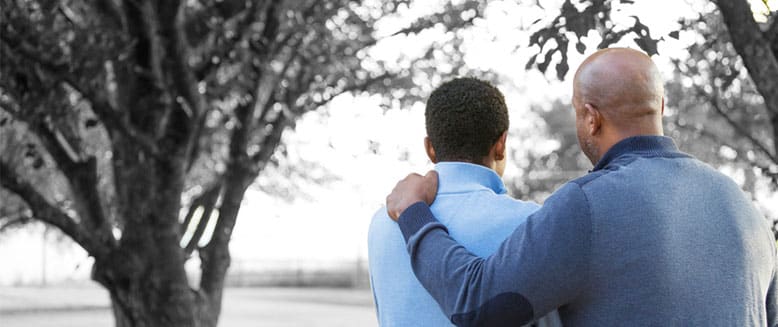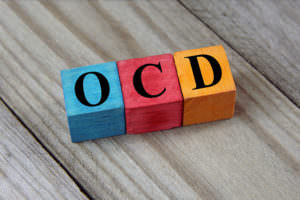What’s been remarkable about National Recovery Month this year is the scale of participation: over 300 national, state and local government and non-profit groups, according to the National Association of Addiction Treatment Providers (NAATP).
The appeal of the 2017 theme, “Strengthen Family and Communities,” is certainly strong. The courageousness families display during a loved one’s recovery from a substance abuse disorder should be honored far beyond just September — nonetheless such support is richly deserved.
During 30 years of operation in addiction therapy, Northbound has always maintained clinical support and care for client families. The Family Program addresses codependency and family roles in active addiction, provides education on addiction as a medical disease and focuses on healthy communication strategies.
To maximize help in repairing a disjointed family system, Northbound turns to therapists and addiction treatment experts outside our clinical staffs in addition to our own. Client families here are working with them on healing modalities, how to avoid feeling trapped by manipulation and redirecting focus back on their individual lives. (Additionally, they’ve been meeting with their loved one’s case manager and therapist both, plus spending constructive time together in treatment.)
Most important to us is that any family, in treatment or not, developing unhealthy mechanisms for coping with a loved one’s active addiction understands these traits are reversible. They often surface in what noted addiction author Sharon Wegscheider-Cruse calls “survivor roles.”
Below are some of the most common classifications Wegscheider-Cruse has outlined on her blog about family therapy.
The Enabler: “This person is usually the closest to the addicted person. They do things that allow the addicted person to continue their behaviour without facing the consequences. For example, they might take on added household responsibilities, or some of the responsibilities of the addict. They do it because they want to protect themselves and their family.”
The Hero: “This person is usually the oldest child in the family. This person is helpful inside the family and seen as a success outside of the family. Heroes are seen as ‘having it all together.’ They may be involved in many activities and do well in school, but they often do not feel good on the inside.”
The Scapegoat: “This person is usually the other focus of attention in the family; the Scapegoat often gets into trouble and seems not to care.”
The Lost Child: “This role is usually taken on by the quietest child. They go unnoticed and can disappear for hours. They learn not to ask questions because people become upset, and they recognize that the best way to stay out of trouble is to be good. Because they are out of sight, they are also out of mind, and usually feel unimportant.”
The Mascot: “This role is often taken on by the youngest child in the family. By this time, things have deteriorated further, and the older siblings are already playing other survival roles. Everyone may try to protect this youngest child by withholding information, but he or she is aware that something is not right.”
Author
-

President, CEO & Founder at Northbound Treatment Network
Paul Alexander is the CEO, President & Founder of Northbound Treatment Network in Newport Beach, California. He believes wholeheartedly in transformational leadership, organizational health and effective, fully integrated substance use disorder and mental health treatment. With over 27 years of experience in behavioral healthcare, Paul has extensive knowledge of “in vivo” treatment modalities, clinical development, operations, strategy, marketing and financial planning. He has been widely recognized for his development of collegiate-based residential treatment programs for students in recovery and authored a research study at The University of California confirming this modality’s effectiveness.
Paul’s comprehensive professional experience, willingness to innovate, and emphasis on organizational health are vital factors in Northbound’s continued success. Paul received his Certified Addiction Treatment Specialist training at Saddleback College in Mission Viejo, CA, and was awarded Outstanding Alumni Service Award in 2002. Paul holds a Bachelor of Arts degree in Criminology, Law and Society, Summa Cum Laude, from University of California, Irvine, and a Juris Doctorate degree from Loyola Law School of Los Angeles. Paul currently serves on The National Association of Addiction Treatment Providers (NAATP) board. In addition, he serves on The Family Recovery Foundation board and The CarePossible board in Orange County; both organizations are committed to raising funds for family recovery and treatment for former military personnel. Paul is in recovery himself and lives in Orange County with his wife Silvana and his two young sons, Noah and Dean.










